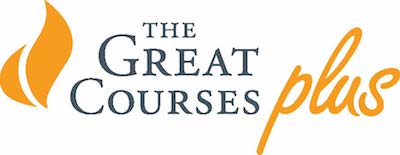John Medina on Aging Well (BS 138)
/Dr. John Medina has spent his career in bio-engineering, but he also has a deep interest in how the brain works. In his latest book Brain Rules for Aging Well: 10 Principles for Staying Vital, Happy, and Sharp, he presents our knowledge brain aging in an engaging manner that can be enjoyed by readers of all backgrounds.
In this month's episode of Brain Science (BS 138) we discuss some of the most important principles for nourishing brains as we age. He describes what he calls the "dopamine lollipop," which is the surge of dopamine created by activities such as teaching and physical activities like dancing. Some of his ideas reinforce what we have discussed in previous episodes, but there are new ideas that are relevant to listeners of all ages.
How to get this episode:
Episode Transcript [Buy for $2]
Premium Subscribers have unlimited access to ALL old episodes and transcripts, as well as extra content for selected episodes. BS 138 Premium Transcript (for subscribers)
New episodes of Brain Science are ALWAYS FREE. The most recent 50 episodes are also free. See the individual show notes for links to the audio files.
References
Brain Rules for Aging Well: 10 Principles for Staying Vital, Happy, and Sharp by John Medina (Audible link)
The Mindful Way Workbook: An 8-Week Program to Free Yourself from Depression and Emotional Distress by John D. Teasdale, et. al. (Foreword by Jon Kabat-Zinn)
Brain Rules: 12 Principles for Surviving and Thriving at Work, Home, and School by John Medina (BS 37)
Announcements
Dr. Campbell will be in Washington, DC November 11-15, 2017 for the annual meeting of the Society for Neuroscience. Please email brainsciencepodcast@gmail.com if you will be there too.
Dr. Campbell is also planning a trip to Australia in 2018. Email us to learn more.
Our new sponsor is The Great Courses Plus. A free month trial is available at http://thegreatcoursesplus.com/ginger.
Brain Science relies on listeners for financial support. Please click here to find the choice that fits your needs.













